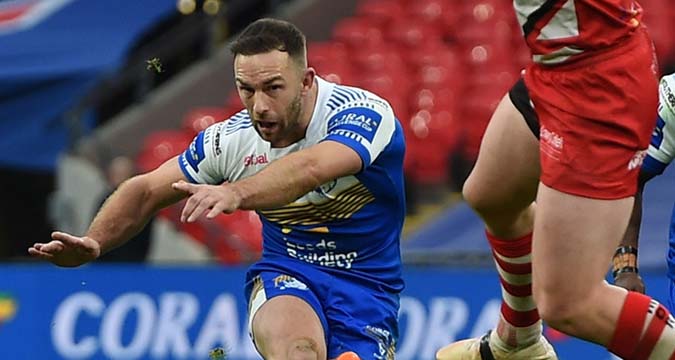 This was the first Challenge Cup Final to be decided by a single point since Hull FC defeated Leeds Rhinos 25-24 at the Millennium Stadium in Cardiff in 2005.
On that day the difference between the two teams was a Danny Brough field-goal, which he kicked in the 58th minute.
On Saturday it was Luke Gale kicking a goal in the 76th minute that fin
This was the first Challenge Cup Final to be decided by a single point since Hull FC defeated Leeds Rhinos 25-24 at the Millennium Stadium in Cardiff in 2005.
On that day the difference between the two teams was a Danny Brough field-goal, which he kicked in the 58th minute.
On Saturday it was Luke Gale kicking a goal in the 76th minute that fin Column: Gale’s the man for Leeds
 This was the first Challenge Cup Final to be decided by a single point since Hull FC defeated Leeds Rhinos 25-24 at the Millennium Stadium in Cardiff in 2005.
On that day the difference between the two teams was a Danny Brough field-goal, which he kicked in the 58th minute.
On Saturday it was Luke Gale kicking a goal in the 76th minute that fin
This was the first Challenge Cup Final to be decided by a single point since Hull FC defeated Leeds Rhinos 25-24 at the Millennium Stadium in Cardiff in 2005.
On that day the difference between the two teams was a Danny Brough field-goal, which he kicked in the 58th minute.
On Saturday it was Luke Gale kicking a goal in the 76th minute that fin 